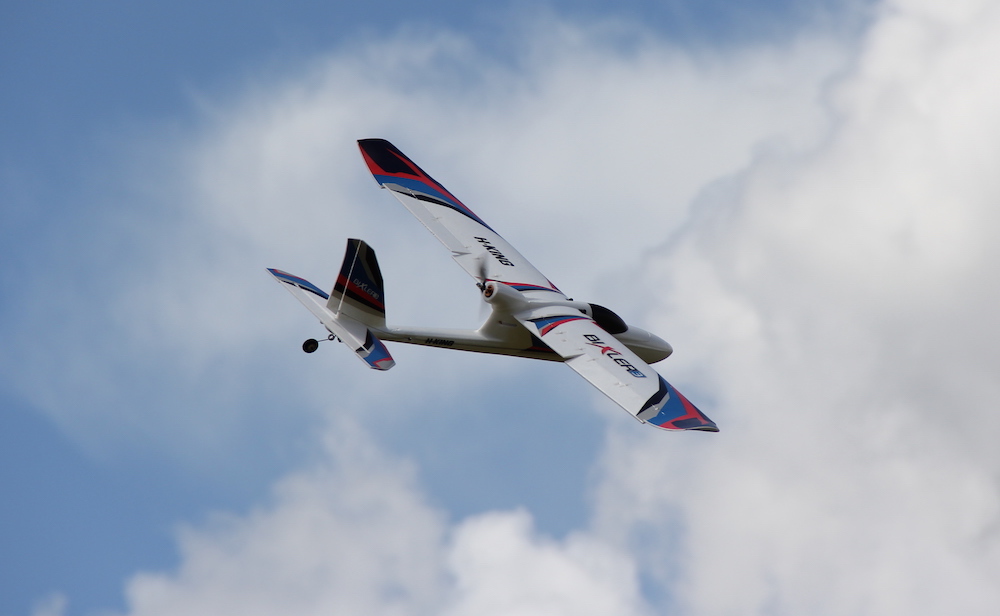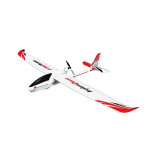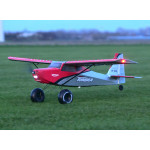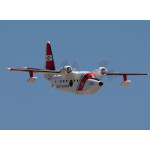
The hobby has many things that we should do and just as many things that we should not do.
After talking with some old hands, I’ve taken the time to come up with a comprehensive list of dos and don’ts based on our collective experience. This guide is based on common sense. We want you to think about what might go wrong and how to reduce the chance of it going wrong. Remember that guidelines are not rules are they are not set in stone. They are more about common sense and flying responsibly. RC flying is a great hobby and I think we all want to keep it that way, so it’s important to be responsible.
RC flying do’s
- Keep away people at all times and this includes your new drone. Drones might be the shiny new kid on the block but they can cause permanent and debilitating injuries.
- Fly what you’re capable of not what you like the look of. This means a trainer and whilst you might now be in love with the look that’s fine. It’s hardly going to be a forever plane and more importantly, you’re not going to be upset when you drive it a foot into the ground whilst you’re learning which way the sticks go.
- Do your homework and find a club close by. They may have instructors that can teach you how to fly and in addition, they can offer you insurance. When you consider the potential risks, $50 a year for a policy is nothing. The devil is in the detail so be sure to understand the policy, excess and conditions, etc.
- Every country will have different laws covering the operation of model aircraft. Commonly known as remotely piloted vehicles and the definition is quite broad. This generally covers RC planes, helicopter, drones, rockets, balloons, and everything in-between. If you join a club they have simplified the rules to help you understand the legalese.
- If you cannot join a club because one does not exist or it’s a great distance away, be sure you select your flying site very carefully. Unlike the club environment where the public is generally not wandering around on the field, a park is full of dangers like, dogs, kids, people on bikes, rangers, birds, trees, and all sorts of things that generally make for a very dangerous flying site. Whilst a seasoned flyer is acutely aware of the risks it may not be immediately obvious to a new flyer.
- If you’re going to fly in public check the rules and find out if you are required to hold an insurance policy and if so what type. If something goes wrong you’ll be glad you held a policy because if you hit someone then damages could easily run into 7 figures.
- Even if you don’t want to join a club go alone to your local. Have a chat and see what those guys are like. You’ll find there are just like you and happy to help you get in the air. Try not to hold preconceived notions.
- There is no need to be using anything other than 2.4ghz radio equipment these days. (Sure some other systems exist for long-range however we can ignore that for now)
- Don’t fly near houses, factories, buildings and never fly over people no matter the reason and keep as far away as possible.
- Choose a large open area that is free from obstacles of any kind
- Plan where you are going to fly and where you’re going to land prior to taking off. Take note of the wind because if it changes you may need to land from another direction. Ensure you have plenty of open space for flying.
- It is essential that you check your aircraft thoroughly before you fly. Check screws, servos, hinges, battery, and even a range check. It too late once you are in the air as you don’t get a do-over.
- Be respectful and don’t be a pest. People hate noise so try not to make any because nothing will get you moved on faster than a noise complaint.
- Time your flight and be acutely aware of the battery voltage. If you don’t you will likely find yourself in a very dangerous situation because the aircraft is going to come down on its terms. This can catch even the most experienced flyer and has caught me in the past.
- If the worst happens the aircraft can be full throttle and lose complete control and this can end badly at a club let alone a public place.
- Write your name and phone number somewhere on the inside of the aircraft because if you happen to lose it a good Samaritan may find it. Perhaps even offer a reward for returning a lost plane.
- Fly only what you’re comfortable with and take your time. There is no rush and there are a lot of skills to acquire along the way. Not just flying but repairing.
- Use common sense, keep it safe, sensible, and responsible at all times.
RC flying don'ts
- Don’t be a pest and annoy your neighbors, as your stay will be very short. They will know when you’re flying as they will be able to hear you and report you.
- If you’re not allowed to fly there don’t do it. Fines are expensive and there might be reasons that you’ve not thought about. Close to airports, hospital helipads, flight paths for any number of other reasons.
- If it looks dangerous to fly there don’t. Avoid completely built-up areas, main roads, or anywhere where you fly into the public.
- Trees, lighting posts, telegraph poles, communication equipment don’t mix with RC planes. I once flew in a park back in my early days of flight and I struck a telegraph pole straight on. The bird stopped completely midair and fell straight down destroying everything. I got away lightly on that occasion. It could have been much worse.
- Stay away from animals and livestock. Your drone or plane just doesn’t need to annoy them or spook them. Animals are easily spooked and can run into fences injuring themselves.
- Don't fly over or close to animals, wild or domestic.
- Don't fly off into the distance as you’ll lose orientation. Stay within a good visual line of sight.
- Don’t fly beyond visual line of sight for any reason. Yes, FPV is a thing and it's here to stay but don’t fly beyond visual line of sight. That video feed coming into you your goggles can drop out at a moment’s notice.
- Don't fly into the sun as you’ll lose your orientation and crash your plane plus looking into the sun is just a plain dumb idea.
- Don't fly on windy days as it's not comfortable. There is nothing pleasant about flying on a windy day and it's highly likely that you’ll crash.
The guide above is really about common sense and doing the right thing. Taking a little time to think about the risks and weighing those up. Many of us might be familiar with the phrase risk and reward. Flying in a highly-populated area in the wind would be considered high-risk, low reward. Put it away and fly another day.
Hear it First: Join our Mailing List
Sign up to receive new product updates, exclusive discounts, news, and more!








